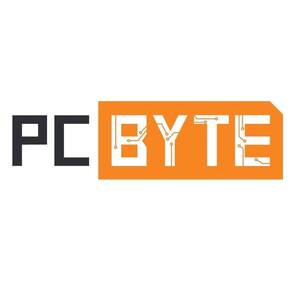It's for you to decide if it's a bargain or not, but a WiFi 6 + Bluetooth 5.0 adapter for $66 delivered sounds great to me.
Pro:
* Potentially frees 2 USB ports currently occupied by separate WiFi and Bluetooth adapters (if you have them)
* WiFi 6 works great in built-up areas with a lot of neigbours networks
* Supports older WiFi networks i.e. AC (most common these days), N, G
Con:
* Requires PCIe 1x slot on motherboard
* Advertised speed is nearly pointless
UPD: as advised in comments, there are a few possibly better alternatives:
* Same WiFi and Bluetooth protocols, but way cheaper https://www.ebay.com.au/itm/303742553723
* Gigabyte GC-WBAX210 for $73.48 (delivered from US for free with Prime) at amazon https://www.amazon.com.au/dp/B091HTG6DQ or for $69 click and collect (or + delivery) here https://cplonline.com.au/gigabyte-gc-wbax210-wifi-6-pcie-ada…
* Xialo AX210 for 55.88 + delivery from US (free with Prime) https://www.amazon.com.au/dp/B08Z3F9T6X


be nice if it came with leads and a base so that the antennas could be placed in a location better than just at the back.